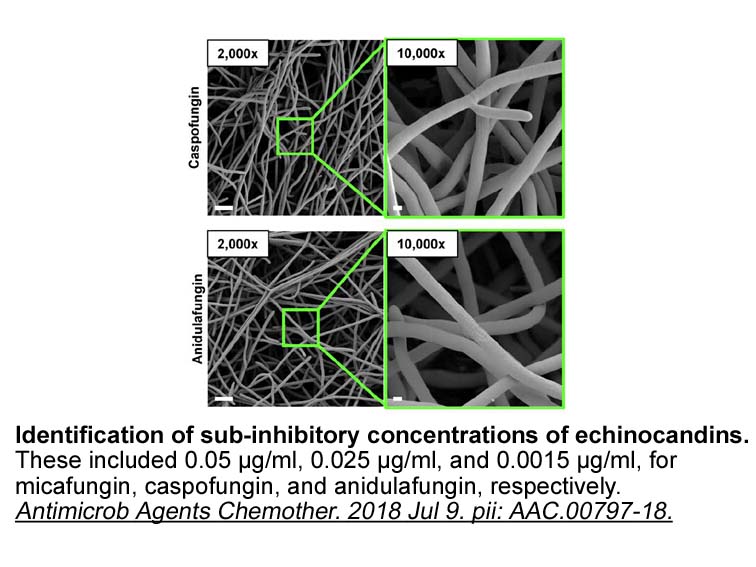Archives
GSK is a critical component of
GSK-3 is a critical component of the Wnt signaling pathway. The Wnt/beta-catenin signal transduction pathway is important in normal growth and development and is also frequently dysregulated in cancer and other diseases. The Wnt/beta-catenin pathway is finely tuned by both positive and negative interactions [179]. In the presence of Wnt, phosphorylation of beta-catenin by CK1 and GSK-3 is suppressed and beta-catenin forms a complex with various transcription factors (e.g., TCF/LEF) to induce the transcription of many genes. An overview of the Wnt signaling pathway is presented in Fig. 3. In the presence of Wnt, CK1 and GSK-3 can phosphorylate low-density lipoprotein receptor-related proteins (LRP5/6) that promote beta-catenin signaling.
In the absence of the ligand for the Wnt receptor frizzled (Fz), CK1 phosphorylates beta-catenin at S45. This serves as the priming phosphorylation for GSK-3 to phosphorylate beta-catenin at S41, S37 and S33. This results in destabilization of beta-catenin and ubiquitination and subsequent proteasomal degradation [3], [4], [5]. An overview of the Wnt/beta-catenin complex in the absence of Wnt is presented in Fig. 4, panel A. The APC gene is a critical tumor suppressor gene. APC mutations can result in constitutive action of the Wnt/beta-catenin pathway. APC mutations are a critical factor in the development of CRC (Fig. 4, panel B). If beta-catenin is mutated at the regulatory residues (S45, S41, S37 and S33), it might not be phosphorylated by CK1 and GSK-3 (Fig. 4, panel C). These mutations could be oncogenic and lead to constitutive beta-catenin signaling.
GSK-3 and mTORC1 regulation of autophagy
GSK-3 and mTORC1 are critical regulators of autophagy, a lysosome-dependent degradation pathway that results in recycling of damaged or unnecessary cytoplasmic components consisting of lipids, proteins and organelles [3], [4], [5], [322], [323], [324], [325], [326], [327], [328]. This leads to the efficient production of metabolic precursors necessary for macromolecular biosynthesis or ATP generation. Autophagy can play dual roles in cancer ARCA as it can have both tumor-promoting and tumor-suppressing properties. Autophagy can result in the prevention of necrosis and inflammation. Autophagy is also important in tumor progression as it can provide energy as a result of its inherent recycling mechanism that can occur under unfavorable metabolic conditions that happen frequently during tumor growth and metastasis.
Metabolic stress will also induce autophagy. This has been investigated by nutrient deprivation of breast cancer cells. Overexpression of the aurora kinase A (Aur-A) can confer resistance to autophagic cell death and result in the survival of breast cancer cells undergoing metabolic stress. In these studies, Aur-A overexpression enhanced mTORC activity by antagonizing GSK-3beta activity. In breast cancer clinical samples, an inverse correlation was observed between Aur-A expression and autophagic levels [322].
Other stud ies have shown that GSK-3 can suppress autophagy through mTORC1. Overexpression of GSK-3alpha and GSK-3beta activated mTORC1 and suppressed autophagy in MCF-7 breast cancer cells. Overexpression of GSK-3 increased the number of autophagosomes and suppressed autophagic flux. Treatment of the cells with GSK-3 inhibitors inhibited mTORC1 activity and increased autophagic flux and lysosomal activation. These authors have proposed that GSK-3 inhibitors may target mTORC1 and lysosomal acidification [323].
Autophagy is involved in leukemia and may be regulated by epigenetic mechanisms [324], [325], [326], [327], [328], [329]. In certain drug resistant cells, autophagy may be deregulated [327]. TP53 may serve as a rheostat to regulate autophagy in cancer [328]. Autophagy is a key survival process that is regulated in part by GSK-3 and mTORC1 [329], [330], [331].
miRs have been shown to be important in many aspects of gene regulation. miR-100 can inhibit the expression of mammalian target of rapamycin or mechanistic target of rapamycin (mTOR) and insulin like growth factor receptor-1 (IGF-1R) and induce autophagy in HCC cells in vitro and inhibit the growth of HCC cells in xenograft studies. mTOR and IGF-1R were determined to be targets of miR-100 [332]. miRs are involved in the regulation of autophagy which is important for cell survival under hypoxic conditions. Hypoxia induced miR-96 in prostate cancer cells. This resulted in suppression of mTOR and stimulation of autophagy [333]. A diagram of the effects of miRs on autophagy is presented in Fig. 11.
ies have shown that GSK-3 can suppress autophagy through mTORC1. Overexpression of GSK-3alpha and GSK-3beta activated mTORC1 and suppressed autophagy in MCF-7 breast cancer cells. Overexpression of GSK-3 increased the number of autophagosomes and suppressed autophagic flux. Treatment of the cells with GSK-3 inhibitors inhibited mTORC1 activity and increased autophagic flux and lysosomal activation. These authors have proposed that GSK-3 inhibitors may target mTORC1 and lysosomal acidification [323].
Autophagy is involved in leukemia and may be regulated by epigenetic mechanisms [324], [325], [326], [327], [328], [329]. In certain drug resistant cells, autophagy may be deregulated [327]. TP53 may serve as a rheostat to regulate autophagy in cancer [328]. Autophagy is a key survival process that is regulated in part by GSK-3 and mTORC1 [329], [330], [331].
miRs have been shown to be important in many aspects of gene regulation. miR-100 can inhibit the expression of mammalian target of rapamycin or mechanistic target of rapamycin (mTOR) and insulin like growth factor receptor-1 (IGF-1R) and induce autophagy in HCC cells in vitro and inhibit the growth of HCC cells in xenograft studies. mTOR and IGF-1R were determined to be targets of miR-100 [332]. miRs are involved in the regulation of autophagy which is important for cell survival under hypoxic conditions. Hypoxia induced miR-96 in prostate cancer cells. This resulted in suppression of mTOR and stimulation of autophagy [333]. A diagram of the effects of miRs on autophagy is presented in Fig. 11.